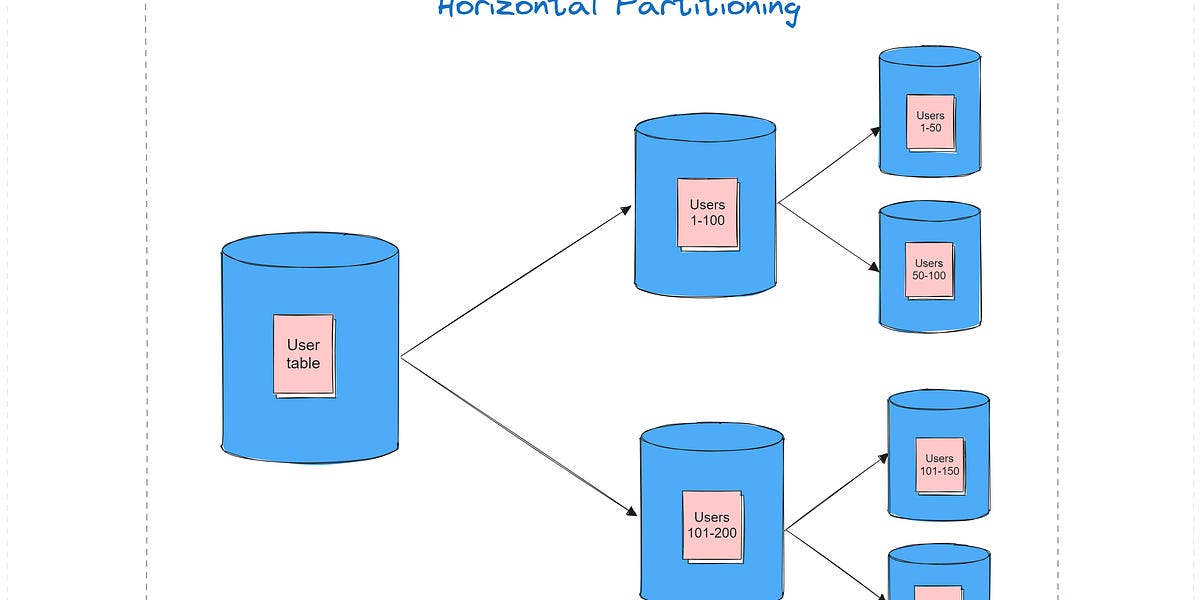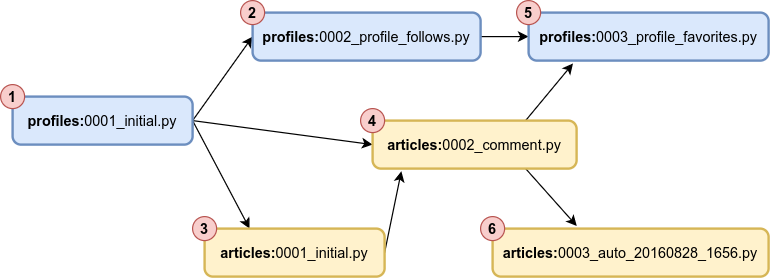Boolean prime ideal theorem
In mathematics, the Boolean prime ideal theorem states that ideals in a Boolean algebra can be extended to prime ideals. A variation of this statement for filters on sets is known as the ultrafilter lemma. Other theorems are obtained by considering different mathematical structures with appropriate notions of ideals, for example, rings and prime ideals (of ring theory), or distributive lattices and maximal ideals (of order theory). This article focuses on prime ideal theorems from order theory.
Although the various prime ideal theorems may appear simple and intuitive, they cannot be deduced in general from the axioms of Zermelo–Fraenkel set theory without the axiom of choice (abbreviated ZF). Instead, some of the statements turn out to be equivalent to the axiom of choice (AC), while others—the Boolean prime ideal theorem, for instance—represent a property that is strictly weaker than AC. It is due to this intermediate status between ZF and ZF + AC (ZFC) that the Boolean prime ideal theorem is often taken as an axiom of set theory. The abbreviations BPI or PIT (for Boolean algebras) are sometimes used to refer to this additional axiom.
An order ideal is a (non-empty) directed lower set. If the considered partially ordered set (poset) has binary suprema (a.k.a. joins), as do the posets within this article, then this is equivalently characterized as a non-empty lower set I that is closed for binary suprema (that is, x , y ∈ I {\displaystyle x,y\in I} imply x ∨ y ∈ I {\displaystyle x\vee y\in I} ). An ideal I is prime if its set-theoretic complement in the poset is a filter. Ideals are proper if they are not equal to the whole poset.















/cdn.vox-cdn.com/uploads/chorus_asset/file/25417952/transformers_megatron.jpg)




